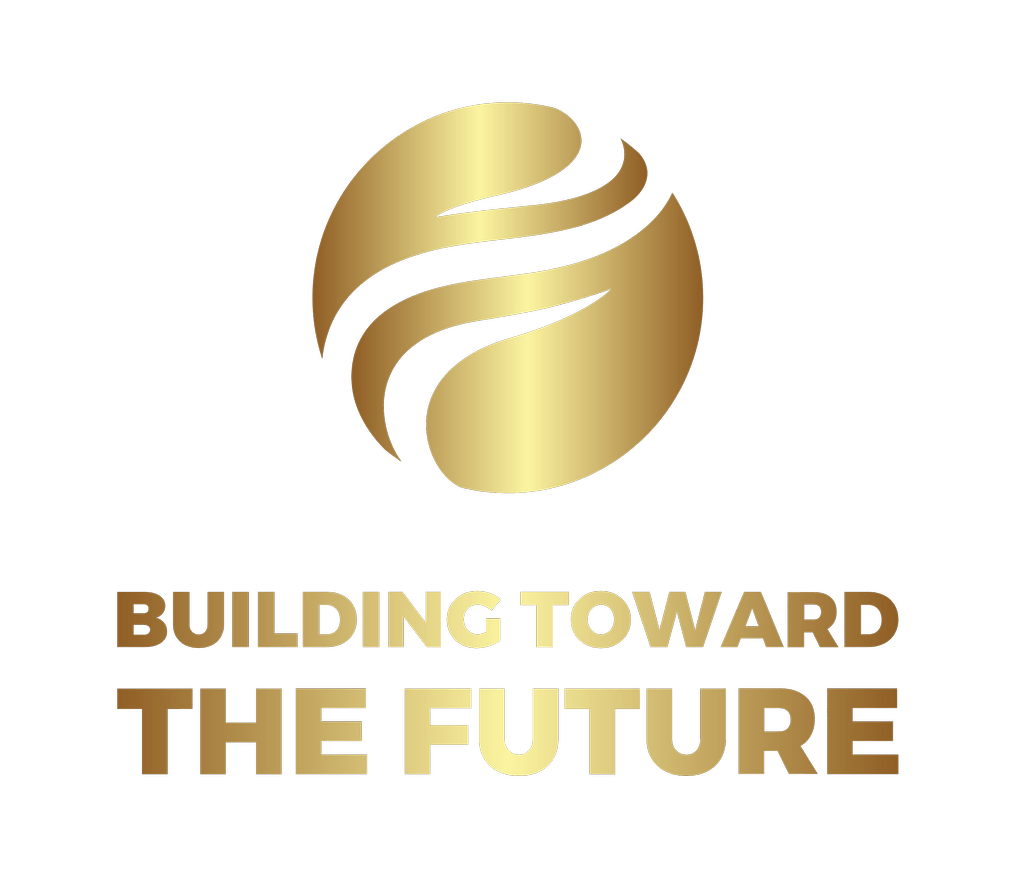PROFESSIONAL INTERVIEW TIPS
In my previous article, Professional Interview Tips for face-to-face interviews, I gave several do’s and don’ts for a face-to-face interview. What if you have a telephone interview? What should you do to prepare? Well, keep reading for more information about professional interview tips for telephone interviews.
TELEPHONE INTERVIEWS
Having a telephone interview can make someone just as nervous as a face-to-face interview. There is still a certain amount of anxiety about it because you don’t know what to expect from the person on the other end of the phone. However, with some preparation, you could feel a whole lot better.
In a telephone interview, the interviewer is trying to determine if you should be brought in for a face-to-face interview.
How do you prepare for a telephone interview? Keep reading for some professional tips.
1. Do your homework
In my previous article, it was mentioned the first thing you should do when you know you have an interview is do your research on the company. Even in a telephone interview, it’s a good idea to do your research in case you are asked specific questions about the company.
2. Have your resume available
Having the resume in front of you for reference is a great idea. It’s not intended to be read from but to use as a reference in case someone asks you specifically about a past job, date, etc. Reading from your resume is not a good idea because it will make you sound as if you lack confidence. As you are talking with someone on the phone, you want to sound as natural as possible.
3. Make sure you are in a quiet space
You should make sure you are in a quiet place while on your call so that there aren’t any distractions. The most important thing is to make sure the recruiter can hear you clearly. Therefore, conducting a phone interview while you are driving or walking is not a good idea.
4. Smile as you talk
Believe it or not, if you smile as you talk, your smile will come through your voice. As your smile comes through, you will sound pleasant.
5. Have your elevator pitch prepared
You may be asked the question “tell me/us about yourself”. Having your elevator pitch prepared for that question will make it seamless as you answer. You will come across confident. To read more about elevator pitches, please visit my article Professional Interview Tips.
6. Have a copy of the job description on hand
If you can do so, have a copy of the job description available for reference as you are talking to the recruiter. It’s also a good idea to have it nearby so you can relay how your background relates to the job duties.
7. Have a list of questions prepared
Just as I mentioned in my previous article, have a list of questions prepared to ask the recruiter in case he/she asks if you have any questions. You always want to ask at least one good, job-related question.
8. Practice
It’s a great idea to practice your interview answers with someone. This will make you more confident before the actual interview.
Do you have an interview coming up soon?
Would you like to obtain some feedback in a practice interview?
Contact us to schedule a FREE initial interview assessment TODAY!
TELEPHONE INTERVIEW QUESTIONS
No one really knows what questions will be asked during the telephone interview. However, doing a bit of research about possible questions can help you get more prepared.
Remember these tips when you’re answering questions in an interview:
1. Be short and to the point.
2. Make sure you listen to the question carefully and answer what is asked of you.
3. If you are not sure of a question, repeat it out loud so the person can hear it and verify in more detail, if necessary.
INTERVIEW TIP:
There are times during an interview, you may be asked a difficult question and not know how to answer it at first. What should you do? Don’t panic and ask if you can come back to it. Simply repeat the question calmly and slowly. By the time you get to the end of the sentence, you most likely will have thought of an answer.
Below are a list of questions to help you prepare for a telephone interview. Remember, this is only a sample set of what you could possibly be asked, but it’s a start:
1. Tell me about yourself.
This is the time to use your elevator pitch. To read more about elevator pitches, please read my article Professional Interview Tips.
2. Tell me about the roles you’ve had in this position.
The interviewer is trying to gain knowledge around your skills in the position in which you are applying. Therefore, be very specific about your roles in that position. If possible, obtain the job description beforehand and write down how your skills fit with the skill expectations of the job.
3. What enticed you most about this position?
Be concise about why you applied for the position. (Warning: Referring to how much the position pays should not be a part of your answer!)
4. Why are you looking to leave your current position (or why did you leave your past position)?
Whatever the reason you’re leaving (or left) your last job, stay positive in your answer. It’s never a good idea to speak negatively about your past company, employees or boss. Remember the saying “…accentuate the positive, eliminate the negative…” (Ann M. Martin).
5. What do you feel are your strengths?
Many students have a hard time answering this question because it feels boastful to speak positively about yourself. Like I have taught in class, it all depends on how you answer the question. It’s all in your demeanor and attitude. There is a difference between answering a question confidently and answering it like you’re bragging about yourself. Remain humble and factual. If you answer honestly, it won’t come across as you bragging about yourself.
6. What areas do you feel you need to further develop?
Ah, this one is always a difficult one to answer because you may seem that you are shooting yourself in the foot to talk about negative aspects of yourself. Remember this – we all have something negative about ourselves that we can develop. Therefore, do not answer by saying “I don’t have any areas that need developing.” YIKES! (I have actually heard that answer before in an interview). Think it through and whatever your answer is, turn it around and make it a positive by saying what you do to “fix” it. This will let people know that while you do have a negative aspect, you are also trying to rectify it.
7. What are your salary requirements?
Salary is one area you should only address if it is brought up by the interviewer. (Benefits are another.) It’s best if you could do some research to try and find out the requirements before the interview to give you a baseline. That way, if you say your salary requirements fall within that range, you know you’re safe.
8. What questions do you have for me/us?
Going back to what was said in Professional Interview Tips, it’s good to have at least one relative question.
TELEPHONE INTERVIEW MISTAKES
In preparing for your telephone interview, there are some pitfalls you want to avoid. For more information, watch the below video:
FINAL THOUGHTS
Remember the whole purpose of your telephone interview is to find out if you’re going to be asked to the next phase of the process – the face-to-face interview. However, there are key professional interview tips to keep in mind. Just like in the face-to-face interview, you want to convey you’ll make a positive contribution to the organization. By being prepared, you can come across as being professional and give a great first impression.
I like to hear from visitors. Was this article helpful to you?
![]()



6 thoughts on “Professional Interview Tips (Telephone Interviews)”
Thank you, Yvette, for this valuable post and wonderful video presentation on telephone interview tips! Your information will help many viewer proceed past screeners for a personal interview!
In hindsight, I could have used your suggestions many times over the years had this information been available. This will certainly be beneficial to students entering the workplace, as well as for anyone searching for a new career. Great post!
Thank you very much, Nathan, for visiting my website and the kind words. I am so glad you enjoyed the post. My goal is really to help as many people as possible with these tips. Sometimes, the interviewing process can be very fearful for people. It can seem so much more intimidating if they just don’t know what to do. I am hoping to provide the information they need to make their process more comfortable and less intimidating. Once again, thank you for stopping by and the comments.
Hi,
What a fabulous article. One that is needed for the younger generation for sure. My son is 20 and I wished I had this article when my son made his first telephone call for an interview. Most would think via Telephone it would be easier.
To be honest it actually isn’t at all. My sons first conversation he came across as sounding like he didn’t really have any motivation at all. Actually it wasnt like that! It was his shyness that made him sound like a sullen teen almost.
Because I was there with him I knew that; but I thought he must sound like a kind of I am not bothered attitude to the person who recieved the call.
Face to face interviews are to be honestly easier in my eyes because the interviewer can see if the perspective employee is just really shy or just has that “I don’t care attitude!”
This article is so important just as it would be as any normal face to face interview. It holds a lot of very important details and guide lines. I would say this is one of the most important articles here and is needed for sure.
I wished I had found this article and website earlier so I could have helped prepare my son. Some telephone calls can result in getting the job or not getting a job at all.
Thank you so much. For such an excellent article.
Deborah
Deborah, thank you so much for visiting my site and for your comments. I am very happy you found this article to be so helpful. I, too, wish your son would have had the chance to see this article before his telephone interview. However, I am sure he will have opportunities in the future to interview. Therefore, have him read this information as well as the article before this one about face-to-face interviews – Professional Interview Tips. It is very important to convey to the interviewer that you are interested in not only the position but the company as well. You are correct, showing enthusiasm is very important in the telephone interview and can determine whether you make it to the face-to-face interview or not. Please note in my article that I am offering a free initial interview assessment. Therefore, reach out to me through my contact form if my services are needed. Once again, thank you for the comments and I wish your son the very best in the future.
Hi, Yvette,
You have listed some great interview tips. I actually had an interview myself recently and as you mentioned in your article any type of interview can be nerve wrecking whether it be by phone or face-to-face. I have to agree that, during an interview there is a little anxiety that builds up.
I took the same steps that you mentioned here.
1. I studied the company as much, as I possibly can – the history, awards, products, and any other company highlights that can be mentioned in an interview are really helpful to know. Of course, this should be mentioned when you have that opportunity to mention the company. For me, I used this concept when I was asked “why do you want to work for the company?”
2. Practice, practice, practice – I practiced for my interview over and over again so, I would not sound like a robot. Of course, I did not know what questions would be asked but, as you mentioned in the article, I did some research and found interview questions and practiced answering them.
I actually practiced with someone, wrote down the questions and wrote out a response just like studying for a test. I also stood in front of the mirror and practiced like I was on stage. This method actually worked.
3. I also learned that the interview is another way for the company to find out if you are a good fit for their company. As the interviewee, it is also important to make sure the company is a great fit for you.
This article is very helpful and I am glad you wrote it. I find interviewing is always an area that I can improve on, with this helpful information I believe I can continuously improve on any future interviews that I may have.
Thank you, for sharing…
Kisha, thank you so much for stopping by my site and for the comments. It sounds like you did absolutely all the right things with getting prepared for your interview. Finding out about the company is very important. What you mentioned about practicing the questions with someone and writing out the responses was a great idea! And yes, you deciding if the company is a good fit for you is extremely important and that is included in my article previous to this one – Professional Interview Tips. I’m very glad you found this article to be helpful. Once, again, thank you very much for visiting my site. I hope you visit again soon. I look forward to seeing you.